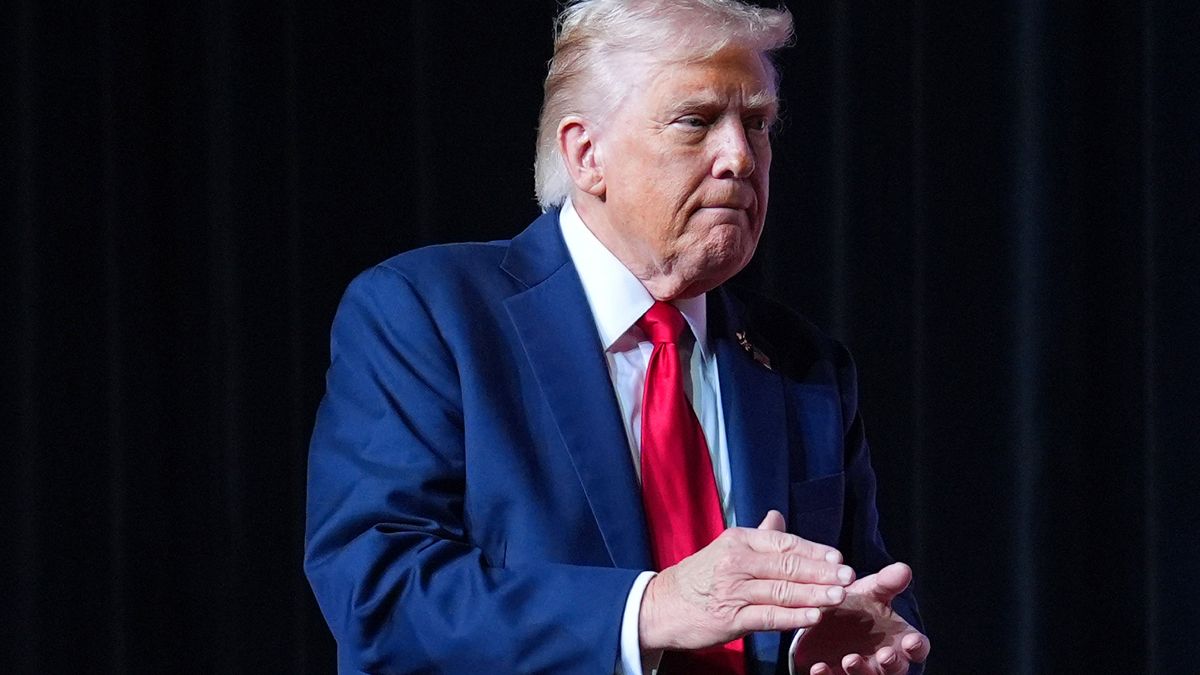India’s relationship with the United States has evolved into one of the most consequential partnerships of the 21st century. Yet with Donald Trump’s return to the White House in 2025, New Delhi faces unprecedented and, as yet, unresolved challenges. How to engage with a president whose business-centric worldview, unpredictable temperament, and “America First” doctrine defy conventional diplomatic playbooks.
Truth be told, despite patriotic protestations to the contrary, we haven’t done very well. So far, apart from praise for our self-restraint and giving the world’s most powerful leader “those silent ones”, it is not entirely clear what we have accomplished. In fact, with the tariff sword still dangling over our necks, it would seem that we have received the short end of the diplomatic stick.
Our challenge is made more acute by the fact that under no circumstances can we adopt our neighbour’s cynically calculated approach of obsequious flattery, which seems to have won Trump’s approval. True—toadying up to Trump will not work for us. Who knows, it may not work even for Pakistan, which is not only a failed state but one which enjoys little respect in the international community. But the question is whether the contrary approach, so popular in India today, let me call it “Trump trashing,” has yielded any better results. I think not.
Finding a third way forward is not merely advisable, it is imperative.
The failures of extreme approaches are instructive. Pakistan’s Shehbaz Sharif grovelling before Trump at Sharm el-Sheikh exemplifies the pitfalls of excessive fawning. The expressions of the other leaders from around the world, especially Italy’s Georgia Meloni, showed how badly his puffery landed on the international community. But Pakistani social media and private reactions, a mixture of shame and rage, were, perhaps, even more instructive.
Sovereign nations do not kowtow so pathetically to hyperpowers. India, with its strong tradition of standing up to superior force, not only during our freedom struggle, but throughout our history, could never adopt such an approach.
Impact Shorts
More ShortsSharif’s effusive praise and pitiful attempts to curry favour appeared both undignified and unbecoming, reducing a much-vaunted nuclear-armed nation’s foreign policy to nothing more than personal sycophancy. For India, a democracy with legitimate great power aspirations and a tradition of strategic autonomy, such slimy servility would be domestically unacceptable and internationally embarrassing. It would undermine decades of careful positioning as an independent voice in global affairs and reduce New Delhi to the status of a supplicant rather than a partner.
Yet the opposite extreme—what I have called “Trump-trashing”—has proven equally fruitless. Especially since Trump assumed office a second time, India’s honeymoon with America’s most disruptive president in memory has turned into a bitter tirade of perceived perfidy and unreliability.
But how justified is such self-defeating, in addition to self-righteous, posturing?
What good will come from India’s strategic community and media constantly criticising Trump’s policies, questioning his competence, and dismissing his approach to international relations as crude and shortsighted? This stance, while perhaps emotionally satisfying, if not assuaging our national ego, achieves little of strategic or economic value.
Trump has proved remarkably impervious to criticism, whether domestic or international. Repetitive and disparaging commentary from India only risks irking him farther, if not personalizing differences and closing channels of influence. Moreover, it ignores a fundamental reality: Trump commands genuine support among significant segments of the American electorate and wields real power over issues vital to Indian interests. What is more, the US continues to be the leader of the free world as the panoply of world leaders as Sharm el-Sheikh demonstrates.
Was India’s absence, conspicuous and widely noticed, a triumph or a failure?
I would argue that it was neither. In fact, whether India was present is beside the point. What is much more pertinent is how we can go forward. The stakes of getting it wrong from here on are only going to get worse. But even if they don’t worsen, we will have proven that we have learned nothing if we don’t seize the advantage from here on instead of persisting in what some may term “sour grapes”.
We do want the tariffs to go; we do want strategic cooperation with the US; we do want our trade ties to increase manifold, as the leaders of both countries recently pledged in “Mission 500”.
But if we don’t want “Mission 500” to turn into “Missed 500”, what should we do?
We must give Trump something he wants. Earlier I argued that giving him credit for stopping our recent skirmish with Pakistan was not conceding much. To recommend him for a Nobel Peace prize would have cost us even less in real terms. We did neither. And Pakistan already aced that round.
But with Sharif’s flattery falling flat and with China’s squeeze on rare earths, India has a new opening. We must make the best of it. It is also not too late to offer some real concessions, whether it is on the purchase of Russian oil, which is now less profitable, or even in the agriculture sector, if it can be done without hurting Indian interests.
Pakistan’s romantic-turned-Marxist poet, Faiz Ahmed Faiz, famously said, “Mujh se pahlī sī mohabbat mirī mahbūb na maañg.” Why should India expect, to give Faiz’s composition an ironic twist, the older kind of affection or friendship from the US when, arguably, it never existed in the first place?
Isn’t it time to turn realistic rather than idealistic, pragmatic rather than preachy, transactional rather than sentimental in this relationship? Else the backlog of the past will clog the arteries of a collaboration in the future that still stands to serve our best interests.
The author is Sri Aurobindo Chair (Honorary), Vedere University, and Director of Education, AHCP LLC, Florida. Views expressed in the above piece are personal and solely those of the author. They do not necessarily reflect Firstpost’s views.
)